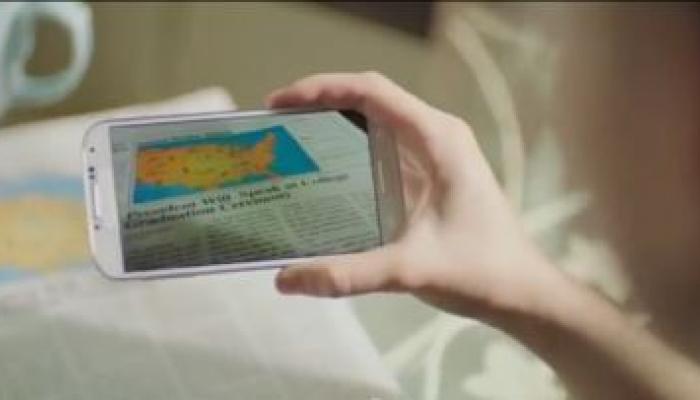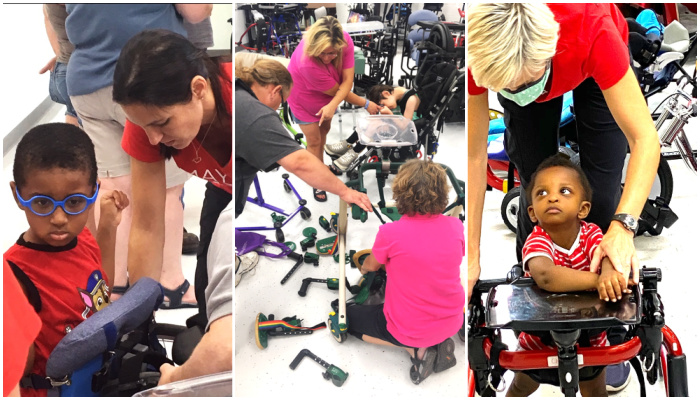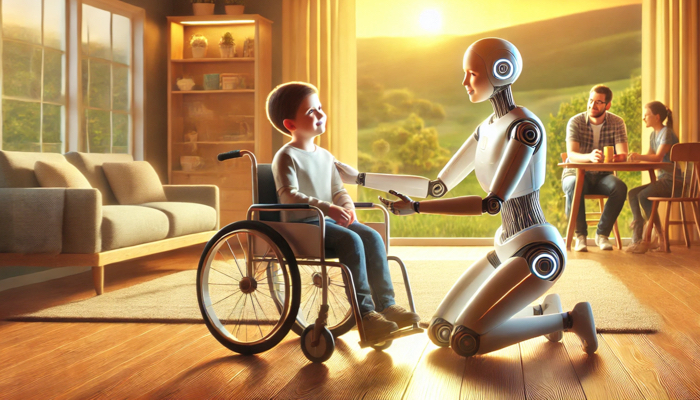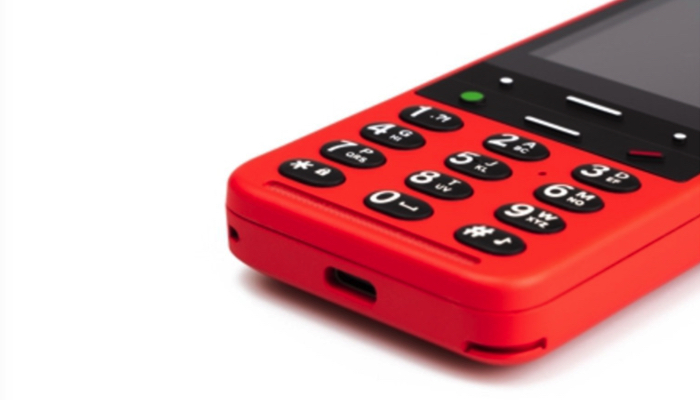Verizon Creates Navigational Tools to Promote Independence for Blind Users

As Brian Charlson says in the video on the Verizon website, being blind means relying on so many other people for your everyday things. Like matching your clothing, figuring out your money, identifying the cans in your pantry and navigating around. Those of us who are sighted take that kind of independence for granted, but imagine needing other people to fill in the minutia of your day.
So this new technology seems revolutionary, especially for the otherwise self-sufficient blind person. Verizon has partnered with Visus Technology to create a way for people with vision issues to get real-time feedback about people, objects and surroundings. It’s a mobile application suite called Velasense that uses the Verizon 4G LTE network as well as the advanced cameras and sensors on smartphones.
This technology would ultimately be able to tell the user the name of the person they’re approaching and the expression on their face, obstacles in their path, the color of something they’re holding, etc. It can read barcodes and currency. And all this information would be stored in the Verizon Cloud for easy access at any time.
The idea is to make it small and portable and inconspicuous so as not to make the user stand out, any more than they already might with their cane or guide dog.
According to the website, this has recently been tested at the Carroll Center for the Blind, and “even the simple act of connecting students to social media offered a new level of social interactions.”
The website has a couple of promotional videos that demonstrate the use in everyday life. It’s pretty cool stuff and worth keeping an eye on.
For full information and to see the videos, go here.
Related Posts

Assistive Technology, Support
May We Help: Engineering Independence for People with Disabilities
May We Help is dedicated to designing and building custom solutions that help individuals of all ages achieve mobility, access, and independence, all at no cost.

Assistive Technology, Special Needs
Caregivers vs Carebots: Are Androids the Future of Disability Care?
Explore the futuristic world of android caregivers and their potential to revolutionize disability care. Are robots the caregivers of tomorrow?

Assistive Technology, Visual Impairment
BlindShell Accessible Cell Phone
The BlindShell Accessible Cell Phone, with a tactile keypad, large screen, and enhanced voice control, is the perfect phone for those blind users.